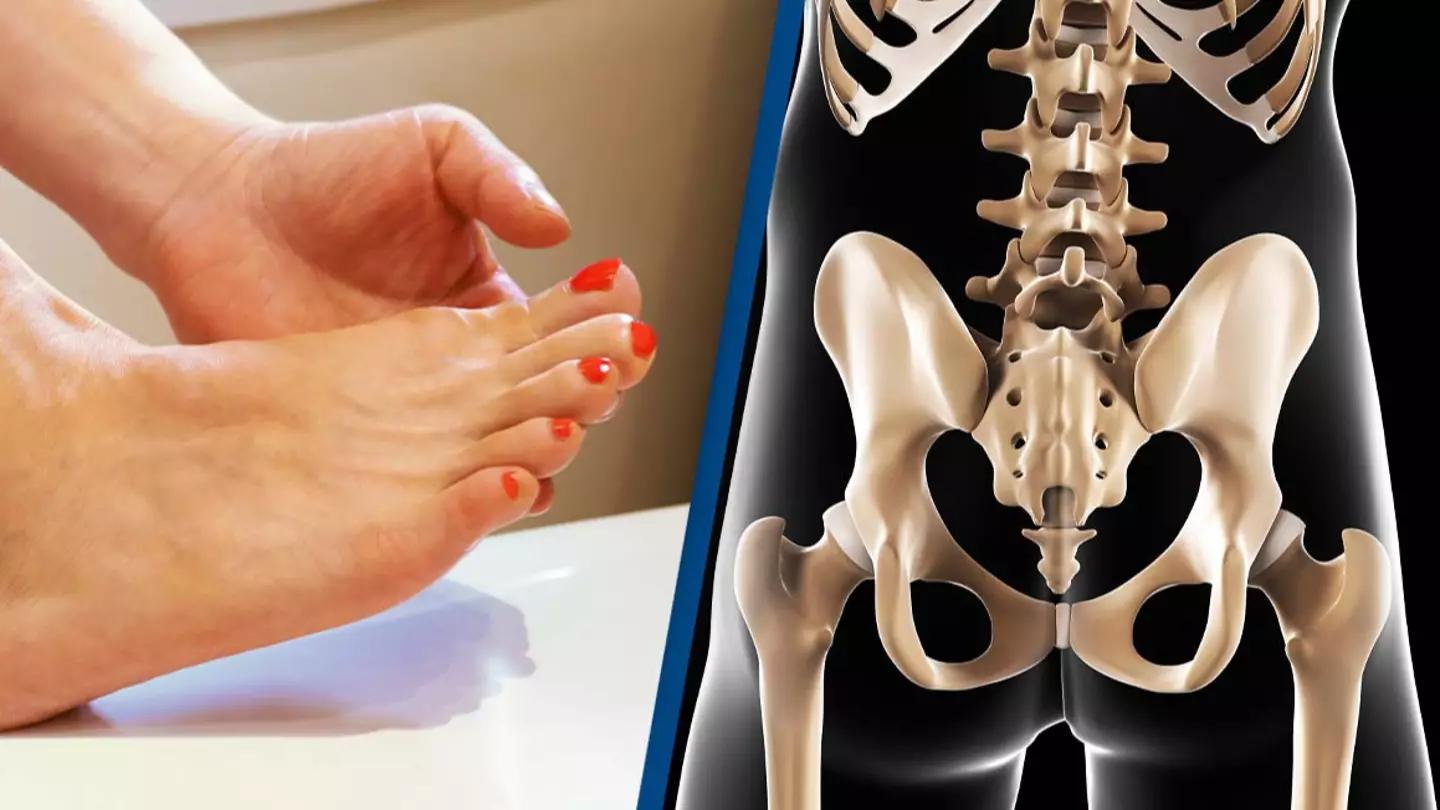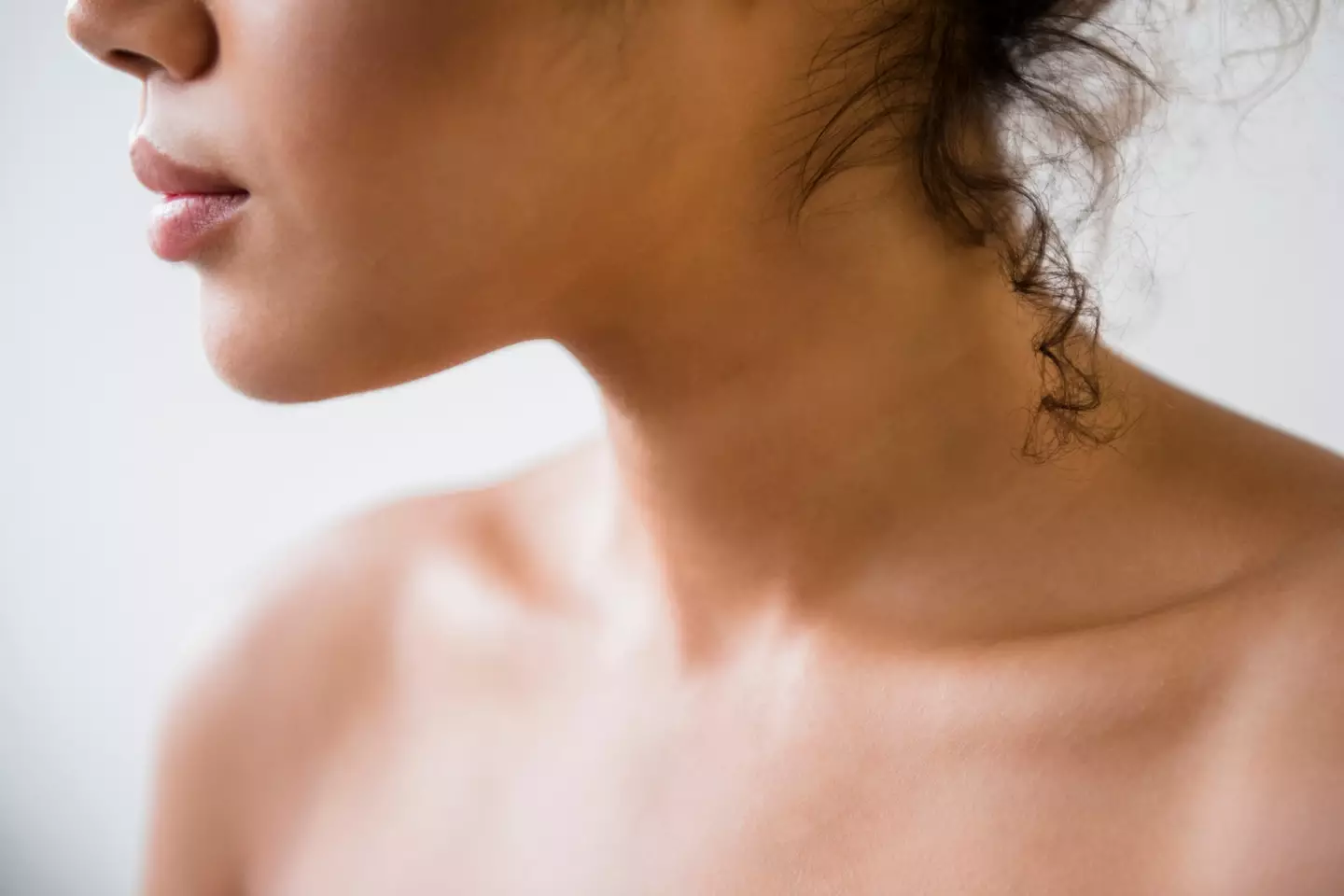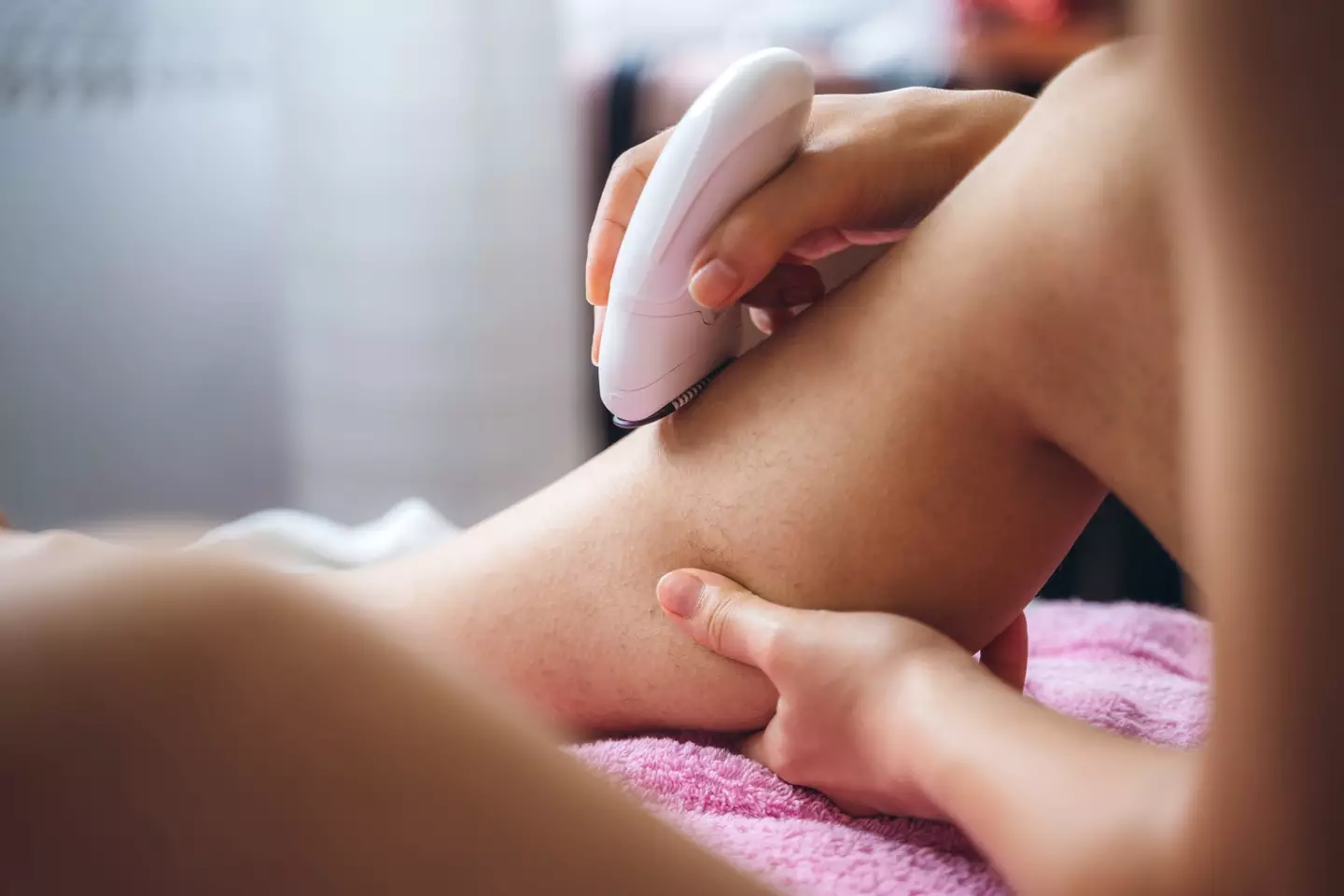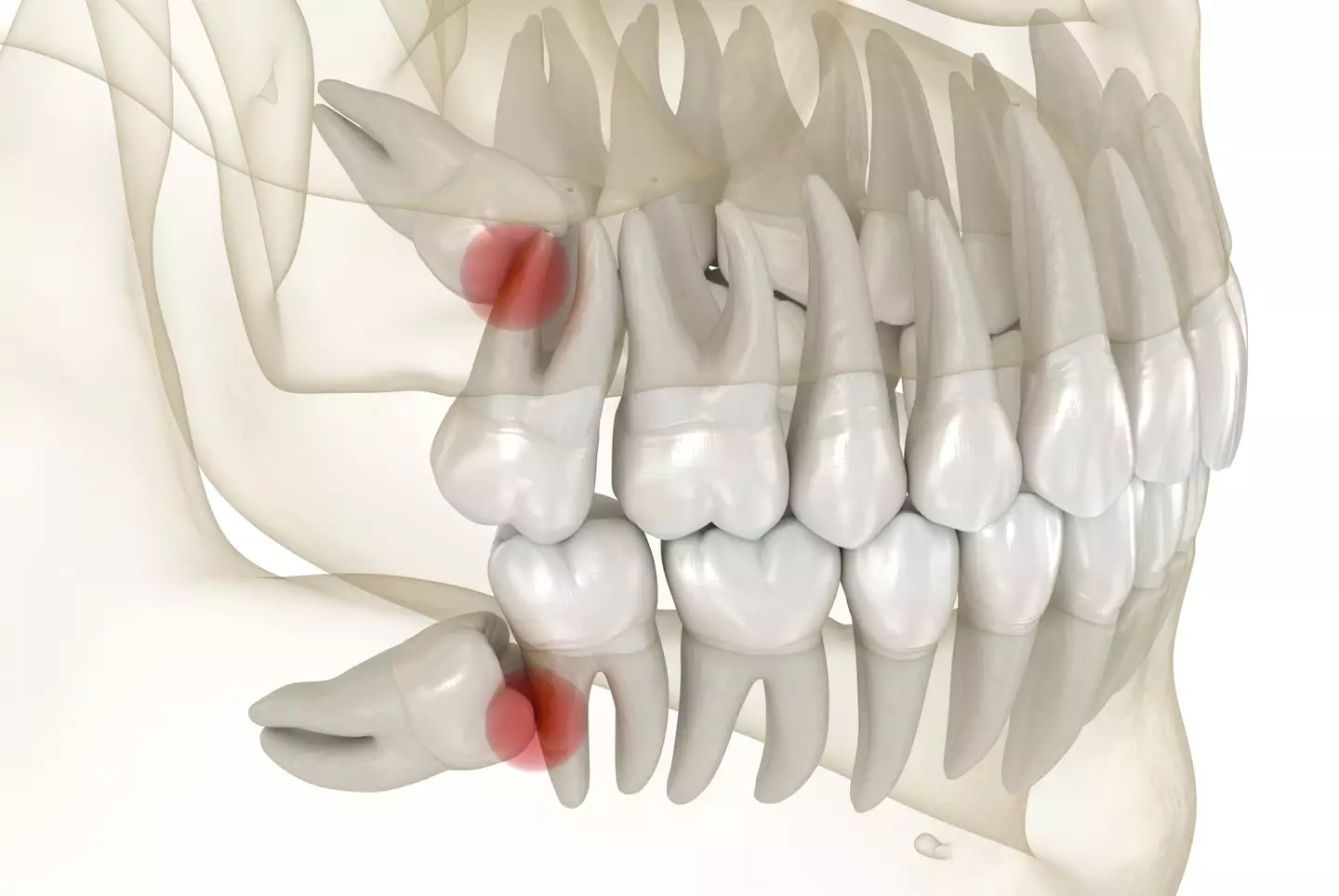I know we should treat our bodies as a temple, but some parts of our temples are no longer needed.
Humans first appeared on early around 2.8 million years ago, and it's safe to say that things were very different to how they are now.
From using rocks to start a fire and hunting for food, I'm sure we can all agree that, despite modern's society's faults, we have it a lot better than our ancestors.
But as society has developed, so have our needs; and apparently there some parts of our bodies that are now pretty redundant with this in mind...
Ear muscles
We have muscles in within and outside of our ears, but there's a low chance that you actually use them.
Our ancestors will have been able to move their ears as it helped with sound localization, but as the sides of human heads have grown over the centuries, we don't need them to move anymore.
So, basically, if you can wiggle your ears, it's nothing more than an entertaining party trick.
Chins
This one is still out for the jury to decide, but some have argued that we don't really need our chins (but admittedly we'd look pretty weird without them).
It's been suggested that we don't really have a use for our chins. (Tetra Images/Getty Stock) Dan Lieberman, Ph.D., a professor of human evolutionary biology at Harvard University, told Women's Health that it could be the case that we only have chins because we like the look of them and they're the result of sexual selection.
Some experts have suggested that chins are there to help us control our jaws when we chew, however, as well as other certain so-called mechanical stresses.
Body hair
Once required for warmth, many people (women in particular) now opt to have no hair on their bodies - apart from their heads - at all.
Tina Lasisi, a biological anthropologist at the University of Southern California, previously explained to BBC News: "We technically have hair all over our bodies, it's just miniaturised hair follicles.
"But it's miniaturised to the point where it functionally doesn't insulate us anymore."
A lot of people now opt to remove their body hair. (urbazon/Getty Stock) Pinky toes
Feet are arguably one of the most important parts of the body, but the same can't be said for our pinky toes.
Pinky toes were once useful for our ancestors if they wanted to climb things, now they're just there to rub on the inside of your Converse.
Wisdom teeth
There's a reason why so many of us end up needing our wisdom teeth removing, and that's because we don't need them.
Paul Sereno, a professor of paleontology at the University of Chicago, says: "Evolutionary, humans needed more teeth to support a diet of coarse food.
"However, as our jaws have become smaller, and our diets more refined, these teeth have become redundant."
Wisdom teeth are now more of a hinderance than a help. (alex-mit/Getty Stock) Tailbone
As per its name, the tailbone (sometimes referred to as coccyx) is thought to be the remnant of a vestigial tail.
But, according to CNN, humans ceased to have such 'tails' around 25 million years ago.
"The loss has long been associated with our transition to bipedalism, but little was known about the genetic factors that triggered primate taillessness," writes the news outlet.
Appendix
Another part of the body that is commonly removed is the appendix - proving that we can live just fine without them.
"Traditionally, medicine assumed that the appendix served no purpose," says Professor Sereno.
While we can survive without one, the appendix might have some benefits such as helping our immune systems.
Some scientists and doctors have suggested that the appendix may be a place for our body to store certain healthy types of gut bacteria.

 Niamh Shackleton
Niamh Shackleton

